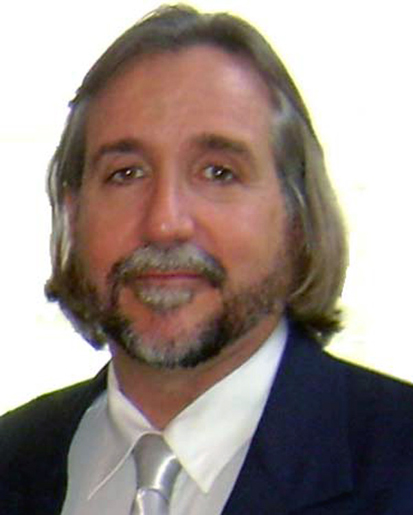News Archive
Wayne M. Glines, President, Board of Trustees, Herbert M. Parker Foundation

Michael Stabin
Submitted photo
The Herbert M. Parker Foundation continues its public lecture series with its Spring 2022 Parker Lecture Thursday, 7 April, 5:00–6:30 pm PDT (USA). This lecture will be presented by Dr. Michael Stabin, PhD, CHP (NV5/Dade Moeller and RADAR, Inc.) and is titled "It Takes Energy to Calculate Dose." In cooperation with Washington State University Tri-Cities and Northwest Public Broadcasting, this lecture is free and open to the public and will be streamed live on Washington State University Tri-Cities YouTube channel.
Stabin's lecture will address the science of health physics following the discovery of radiation and radioactivity. Use of x rays and radioactivity revolutionized the practice of medicine; however, some detrimental effects were observed. Scientists quickly rallied to develop protection standards. Those standards were refined over many decades, and in 1959 were codified into US regulations. These standards are based on the quantity "dose," which is energy absorbed per unit mass. Dose is a useful quantity in some, but not all, situations. In some cases, dose reliably predicts radiation effects. However, in others we need to modify dose to account for radiation type and energy. Our system of radiation protection relies on the linear no-threshold (LNT) theory that assumes that any dose of radiation is potentially harmful. Much evidence now calls this assumption into question. Furthermore, in many radiobiological experiments, dose is not meaningful. Cells that have received NO radiation dose clearly show radiation (bystander) effects. It may be that energy, not energy per unit mass, is of consequence, but our understanding is incomplete. Altering our current radiation protection paradigm to resolve these two issues is challenging.
Stabin is a certified health physicist currently working for NV5. Previously, he has been an associate professor in the Department of Radiology and Radiological Sciences at Vanderbilt University, a visiting professor at the Universidade Federal de Pernambuco in Recife, Brasil, and a scientist at the Radiation Internal Dose Information Center of Oak Ridge Institute for Science and Education. He is a member of the Health Physics Society and the Society of Nuclear Medicine and has over 225 publications in the open literature, primarily in the area of internal dosimetry for nuclear medicine applications. He has served as a member and chair of the American Board of Health Physics Certification Examination Panel and as an associate editor of the Health Physics Journal since 1992. He also serves on task groups of the Society of Nuclear Medicine, American Association of Physicists in Medicine, and International Commission on Radiological Protection. He has developed several models, methods, and tools that have become widely used in the nuclear medicine community, including the MIRDOSE and OLINDA/EXM personal computer software codes for internal dose calculations.
Herbert M. Parker Foundation lectures have been approved for continuing education credits by both the American Academy of Health Physics and the National Registry of Radiation Protection Technologists.
The Herbert M. Parker Foundation was founded in 1987. Herbert M. Parker was a pioneer in radiation protection and safety in the 1940s–1960s. He was specifically chosen to develop and implement health and safety programs for the Manhattan Project at the Hanford Site and was the first manager of the Hanford Laboratories, the predecessor to the Pacific Northwest National Laboratories. The Herbert M. Parker Foundation was established to honor and perpetuate Herbert M. Parker's legacy of ethical and scientific standards, and his concern for the protection of people and the environment, by sponsoring programs that support scientific and educational activities promoting technical advances and enhancing public understanding of science and technology as applied to radiation protection and related sciences.
To learn more about the Herbert M. Parker Foundation and its activities, including the Parker lectures, visit the foundation's website or contact Wayne M. Glines by email or by phone at 1-509-366-8382.




